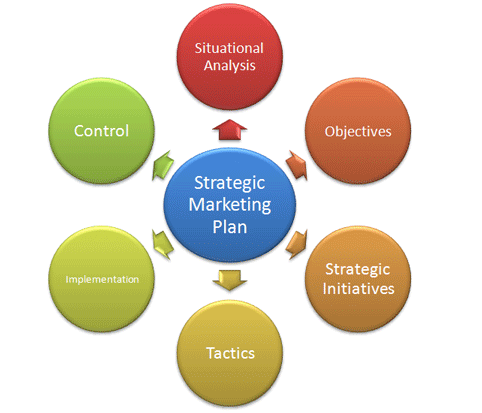INTRODUCTION
What is to plan? Planning is deciding beforehand: what to do, when to do, how to do it and who should do it.
What is a business? A business pertains all those activities that regards production, warehousing, marketing and distribution of goods and services.
What is a strategy? A strategy is a unique plan that is innovative and original for solving a specific issue. Therefore planning the best business strategies involves being original in order to outsmart those in the market.
What is a business strategy? A business strategy is a long term plan of action designed to achieve a desired goal.
A business plan can pertain to, pricing strategies, advertising strategies and branding strategies.
HOW TO PLAN BEST BUSINESS STRATEGIES
The following points describes how to plan best business strategies:
1. Let the Planning be Integrative
This implies that all the stakeholders in that business should be involved. This helps when it comes to the implementation of the strategies whereby all the stakeholders will be willing to implement them. One man show business strategies always fail as the key players are not involved.
2. Realistic
The plans should be achievable. Being ambitious makes the implementer s feel it as a hard task to achieve and thus leave the planned strategies to the boss. The latter may not handle the plan thus making it to backfire. If the boss takes the plan, solely, no deliverance can follow. Thus planners are advised to make realistic business plan strategies.

3. Consistency
This means that the plans should be aligned to the business plan, mission and vision.
4. Efficiency
Every business plan or strategy will have an economic impact to the business.
Cost regarding to time and resources is also inclusive. This means that the plans should consider the economic prowess of the business in question.
5. Be Future Oriented
The means that the planner must be updated and must forecast on the future. Every business plan should project to the future as the future is uncertain. Short of these may render the planned strategies obsolete.
6. Evaluate the Existing Business Strategies
This encompasses a SWOT-analysis of the prevailing planned business strategists-Strengths-weaknesses-opportunities and Threats. Weakness should be eliminated and opportunities grabbed.
7. Consider Successful Businesses and Benchmark from them
This can help you improve on the existing business strategies.
8. Practicability
Every business plan must be viable. If for instance it is expressed mathematically, the plans must have the ability to be open-rationalized for implementation. This makes sure that the plan is implementable.
9. Setting Key Performance Indicators
These helps to evaluate the efficacy of the laid down plans. For example: a key performance indicator for a pricing strategy can be: commodity bundling being the strategy and the indicator can be the increase in sales volume.
10. Flexibility
Every business plan should be elastic to accommodate any changes that may occur in future. These involves technological changes, business cycle changes, world market trends and so on.
CONCLUSION
Every successful business plan is planned a successful planner. The greatest hindrance to success is the success itself, and thus success is for the smart planners who knows the success secret.
Author Bio:
Nancy, a passionate writer from UK, she love driving and passionate about cars and its features. Will share her knowledge about cars on many sites. Presently working for DSA theory test which helps you in getting license quickly.








